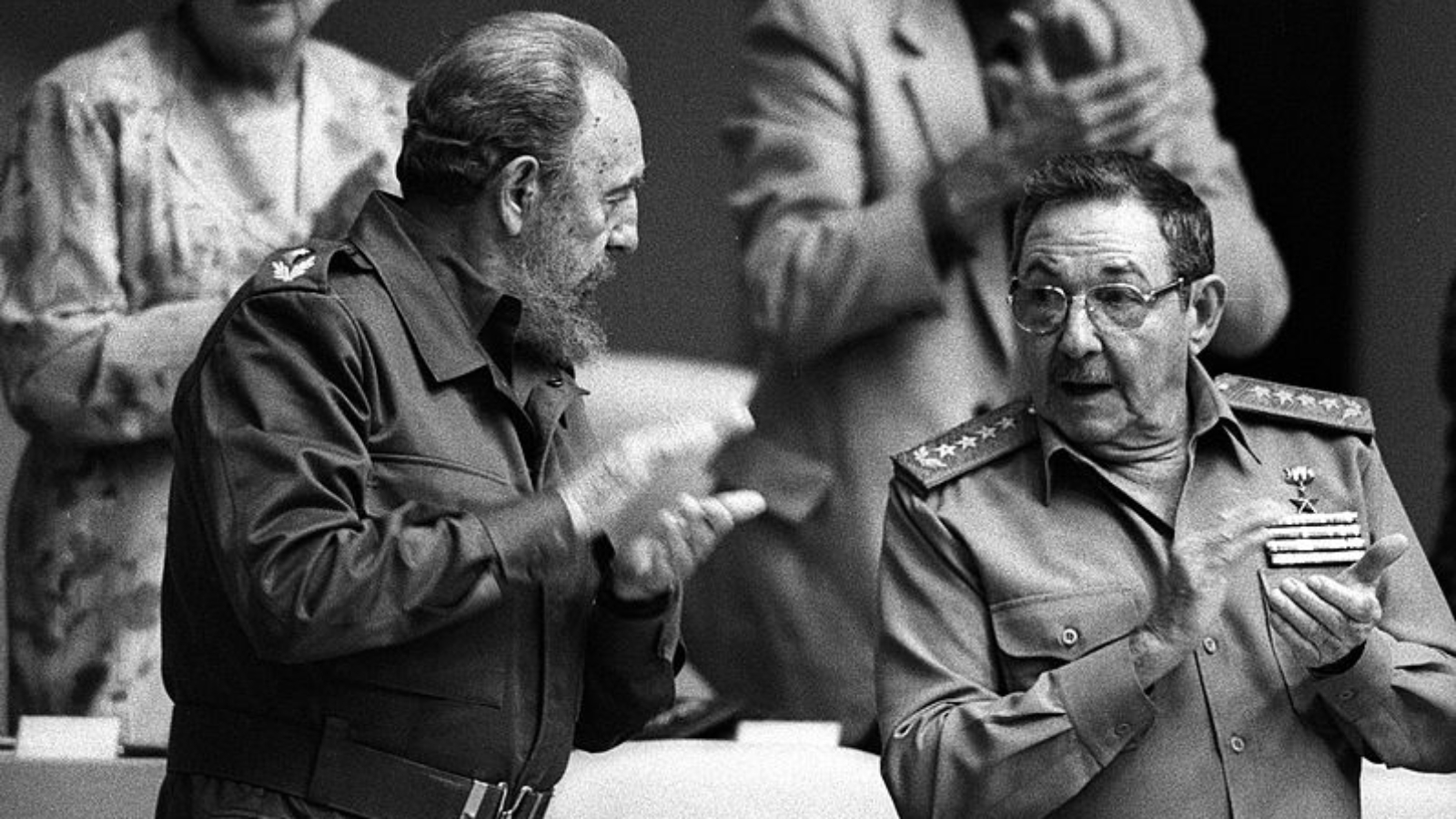After serving 12 years in office, Raúl Castro stepped down today as president of Cuba. He is succeeded by former Vice President Miguel Díaz-Canel, the first post-revolutionary president not to belong to the generación histórica—the generation that participated in the overthrow of U.S.-backed authoritarian leader Fulgencio Batista in 1959.
Castro’s departure marks the end of an era: He and his brother Fidel, who died in 2016, have governed the tiny island nation for nearly 60 years. But even after today Raúl Castro will still lead the army and the ruling Communist Party, leaving Cuba-watchers to wonder whether the transfer of power will galvanize political change in the tightly controlled country. After all, Cuba’s revolution has weathered decades of geopolitical challenges, from the U.S. blockade and missile crisis in 1962, to the trade embargo that persists to this day, to the collapse of the Soviet Union.
As we wait to see how history will unfold, here’s a list of recommended reading about political and social trends in Cuba, from recent failed attempts to open up the country’s famous “double economy” to an account of how American diplomatic overtures have been complicated by a mysterious sonic phenomenon.
- Mimi Whitefield and Nora Gámez Torres of the Miami Herald provide background on 58-year-old incoming President Miguel Díaz-Canel—how he climbed the ranks of the Communist Party, and what his election may mean for the country’s future.
- In Americas Quarterly, William LeoGrande lays out the underwhelming results of Cuba’s most recent push to open up its economy, and the challenges the new president will inherit.
- Cuba’s internet is restricted to the point that most ordinary citizens are not able to regularly check their email. Yet as Antonio García Martínez writes in Wired, a massive offline internet has enabled Cubans to distribute international news, music, and videos across the island without incurring the wrath of government censors.
- In an investigation for ProPublica, Tim Golden and Sebastian Rotella explore the mystery that has become a sticking point in the Trump administration’s dealings with the Cuban government: the case of strange, persistent noises that have left American diplomats in Cuba with concussion-like symptoms.
- In World Policy Journal, Devyn Spence Benson describes how Cuba’s anti-racism campaign, launched shortly after the 1959 revolution, was unable to quash anti-black discrimination. But today, Afro-Cubans—particularly women—are building on the work of past generations in their push for justice.
* * *
* * *
[Photo courtesy of Estudios Revolución Consejo de Estado de Cuba]